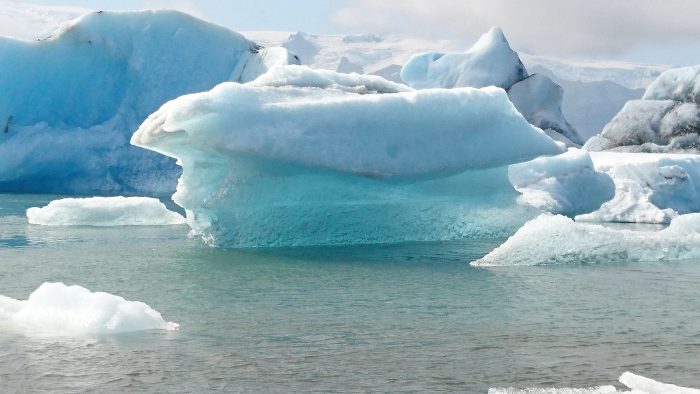I’ve just come back from a week’s holiday; just me and the kids in some mind-blowing scenery.
We all took loads of photos. Normal for being on holiday right?
But I took so many more than I would ever have taken years ago in the days of film. I must have taken more photos on a week’s holiday than I did in 5 months in India and it got me reflecting.
I noticed that the kids sped around the place taking photos. They got some great shots but what I began to wonder was if they were actually looking at the thing they were shooting or whether they were just looking through the screen, dashing from one shot to another without actually seeing.
Then I paid attention to what I was doing and noticed just how addictive, almost seductive the photo-taking was for me as well; this angle, this light, turn the screen this way and then that, always looking for the best shot, the better light, the perfect image.
On one hand, taking photos helped me focus and notice, pay attention and look in detail. This waterfall, that flower, this rock formation. The camera made me look.
But it also boxed in what I saw because it doesn’t show what is outside the frame, the conversations, the smells, the feeling of wind and spray against my skin.
I noticed that I was capturing images;
“These fragments I have shored against my ruins,” (the Wasteland V – What the Thunder Said – TS Eliot).
Photos that I could show other people, so I would remember, so that one day in the future I could look back on where I had been.
So just as it helped me be in the moment by making me focus, it also moved me out of the moment and into a screen, capturing those images for a future time, rather than being in this time.
On one trip, where we were out at sea, spotting whales and dolphins, I ditched the camera completely. The screen was much too small and the ocean so vast and the dots on the screens conveyed nothing of the excitement of seeing the backs of the whales or the play of the dolphins. And yet there were ocean of screens and hands all around me, aiming at the dots, eyes focused on glass not water.
I made myself stop snapping. I made myself stand and stare, and breathe and tune into what I could feel on my skin and in my lungs, what I could hear and smell. I made myself really look with attention and intention, to really be fully in the moment with where I was.
I don’t remember needing to do that in my back-packing days when camera films had to last the whole trip and so were rationed. I still carry clear images in my head: sitting outside a mud hut in the Nepali jungle surrounded by marigolds, by a swollen Himalayan river, the gecko on the bath in Bali, the double rainbows through the train window on the way to Uganda.
Was my head less cluttered then, simpler and so more easily present? Was life slower? Does my aging make a difference?
Everywhere we went there were cameras, big lenses, small, phones in hands, phones on sticks, selfies, group poses, smile-for-the-camera moments. We did take some ‘smile-for-the-camera’ photos, but not as many as those around us. For me, there is a falseness in smiling for the lens, the pose, an the artificial standing to attention to be snapped.
Life is not a pose, a smile for a screen, a view through a square. Life has frowns, sulks, tired eyes and hysterical giggles.
It reminds me of another line from Eliot (The Love Song of J Alfred Prufrock)
‘The eyes that fix you in a formulated phrase,
And when I am formulated, sprawling on a pin,
When I am pinned and wriggling’
The photos turn reality into formulated images or received notions of beauty and artistry. We pin the vast, wild world, squash it into a square and then snap it in.
And yet, memories fade, photos remain. The viewfinder focuses in and cuts out, creates an image that represents reality whilst blocking our direct experience of that reality. It stores images for our future but interferes with our direct contact in the present. It makes us look, but stops us seeing. It frames the moment and separates it from the flow if life.
For me, photos remain paradoxical. I have them, some of them are beautiful like the one above and I know I will be pleased to look back on them in times to come. And yet….
I must live with the paradox and accept that as George Eliot said; ‘‘Human experience is usually paradoxical’.
Oscar Wilde said; ‘The way of paradoxes is the way of truth’. So may it be.
Julie xx







Read 0 comments and reply